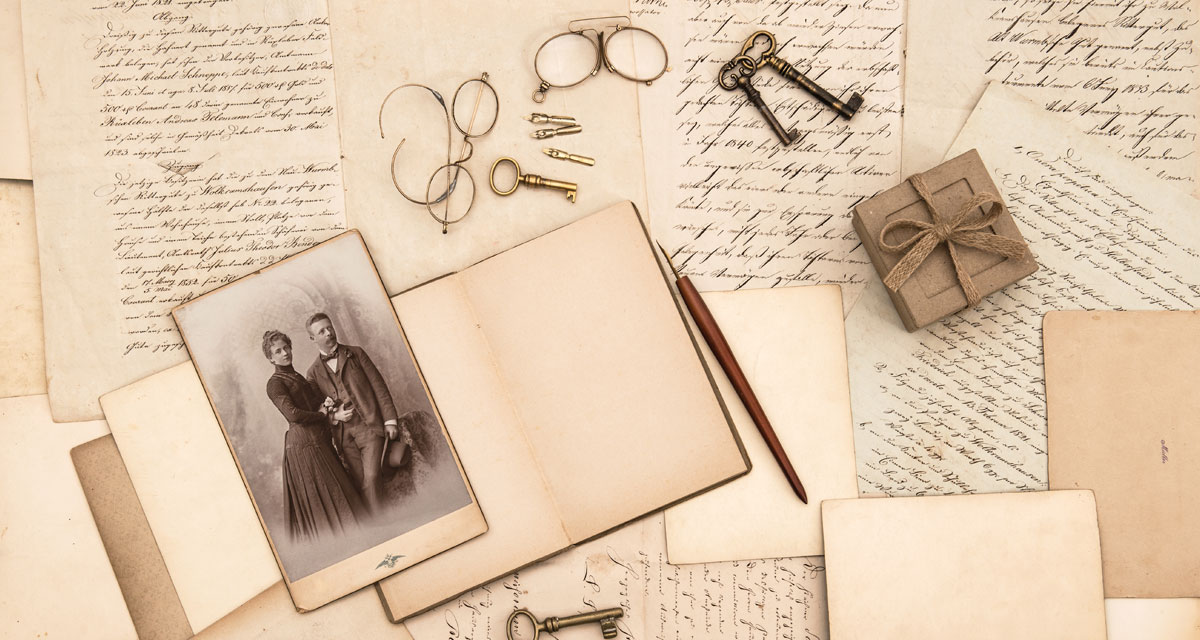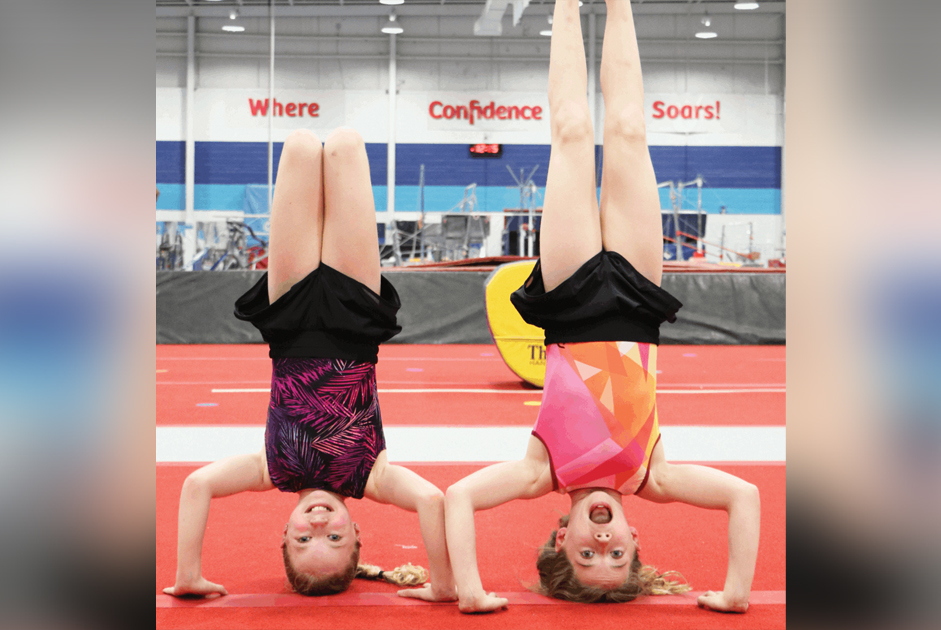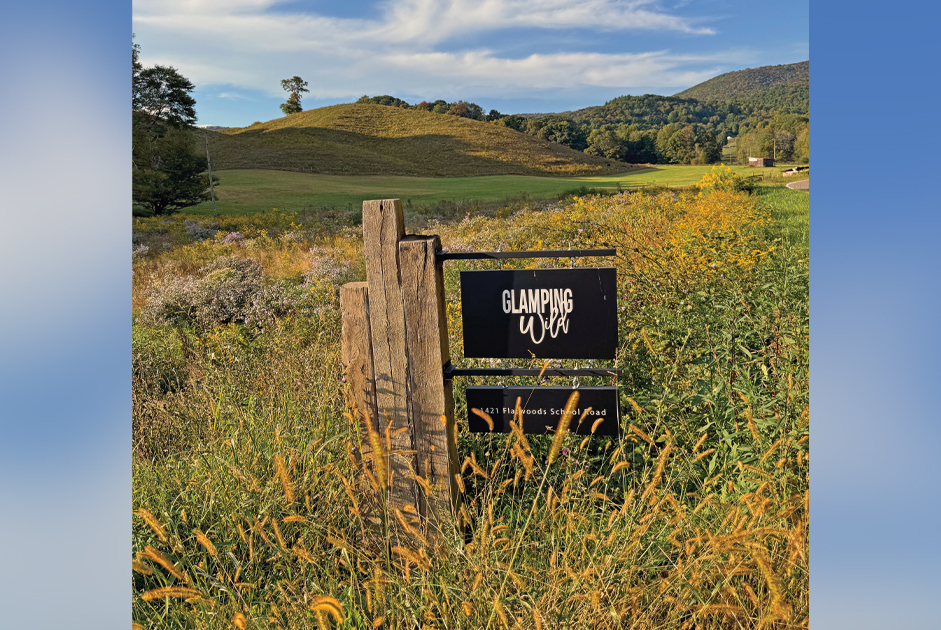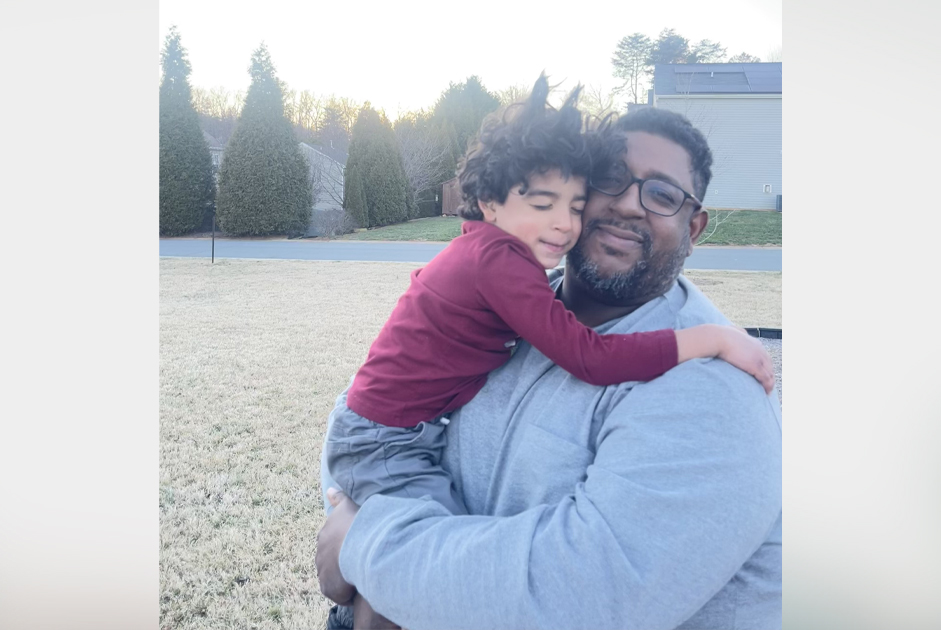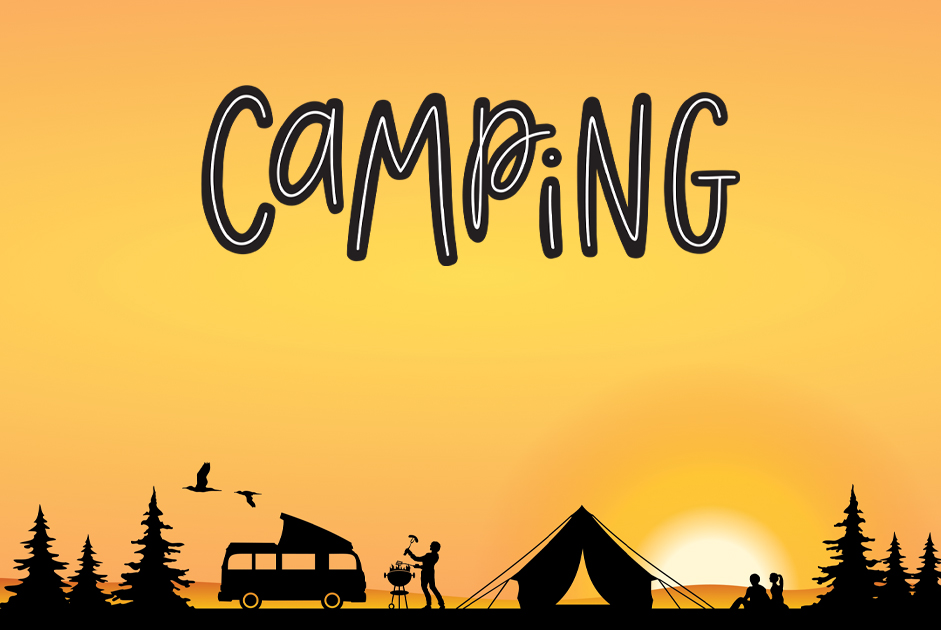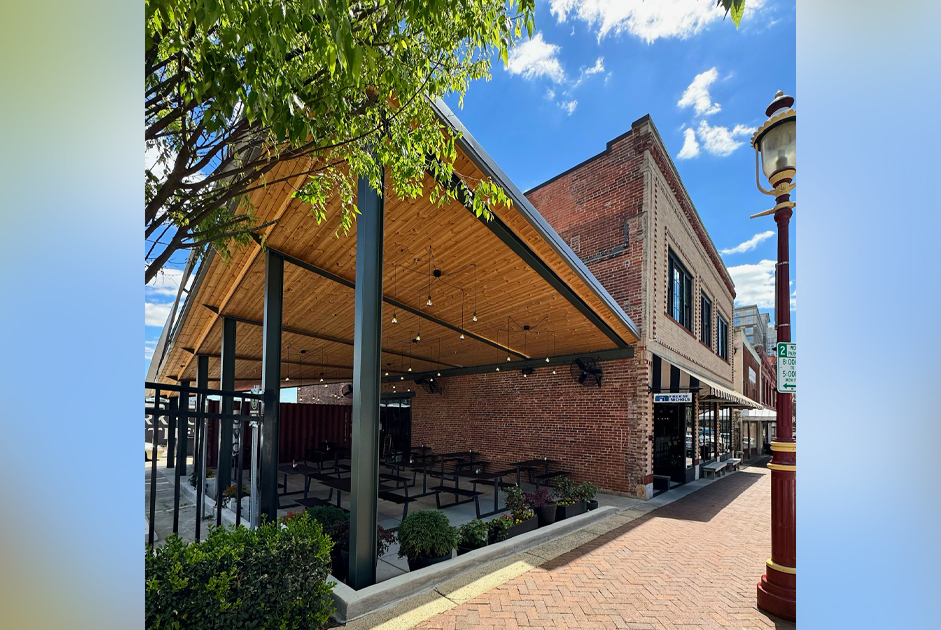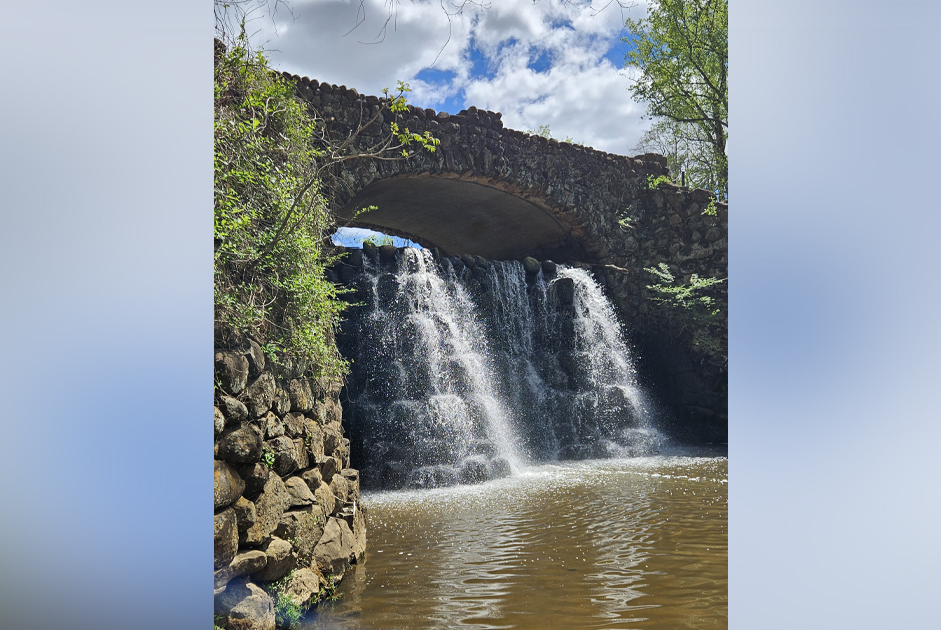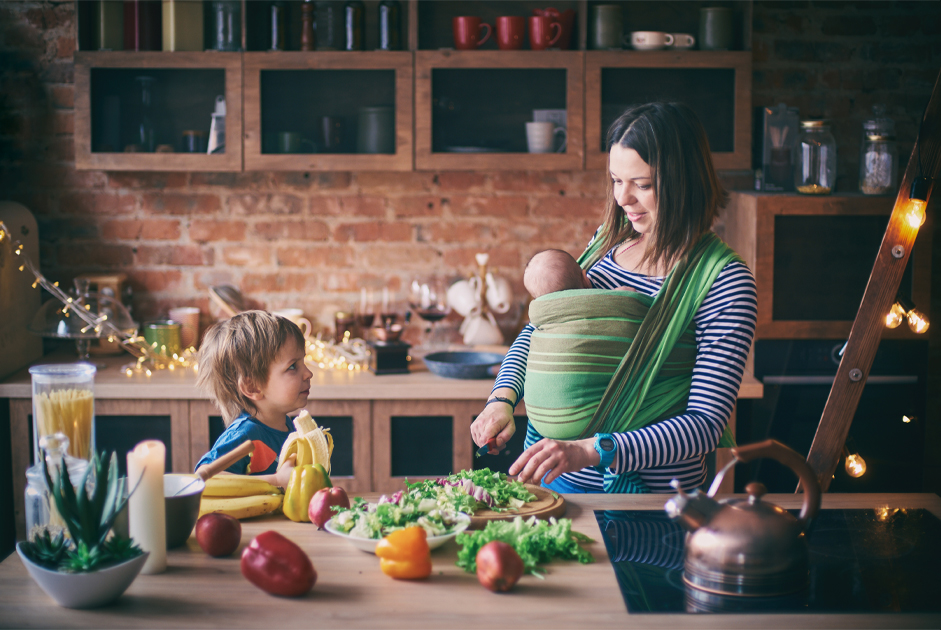It is not uncommon to hear people talk about their traditions, but what is the meaning of “tradition”? According to Webster’s dictionary, it is “The handing down of statements, beliefs, legends, customs, information, etc. from generation to generation, especially by word of mouth or by practice; something that is handed down; a long-established or inherited way of thinking or acting; a continuing pattern of culture beliefs or practices; a customary or characteristic method or manner.”
Communities, cultures, religions, and families all have traditions. Why do we keep them? Studies have shown that traditions are important in building strong family relationships across generations. We realize that we do certain things every year during a holiday that stay in our memories, but most of us have traditions that take place throughout the year. I love sharing with my children something that my parents brought to our family that was a tradition when they were growing up. Will they continue to pass it on? Only time will tell.
As children grow and get married, new traditions are introduced, and some fall away. As a child, we lived far from my grandparents and relatives. Close friends of my parents had the same issue. For years, we celebrated Christmas Eve dinner at one home with Christmas Day brunch at the other, switching who did what every year. This ended when my parents relocated and my sister and I married and moved. Though the tradition ended, I still have very vivid memories of those times together.
Beyond holidays with all the traditions families establish—personal, cultural, or religious—there are ones that come about either by plan, or that just happen and then continue. Think back through the years and you will discover a number of events that just occurred and became something you have now celebrated for years. Our eldest daughter’s father-in-law had, for a number of years, spent a long Labor Day weekend at a resort. After his son and our daughter married, he invited them and his daughter there. After a couple of years, he included us and our other daughters. It began a tradition that has been on-going for 16 years. The location has changed, but the being together is what makes it meaningful.
Travel, reunions, stories, visits, food, and so much else are windows to our background, our past, our heritage. Visiting my maternal grandparents always included places we had to go and things we had to do. A fishing trip with my granddad was a must. While waiting for a fish to bite, I learned more about him than at any other time, just by watching and asking questions, but mostly by listening.
Traditions are memories that we impart and pass down. They tell family stories and history. They also may change or end as the family dynamics transform. It can be a subtle difference or something entirely new. It may be disheartening to watch as a long-cherished one comes to an end, but your children are introducing new ones that are important to them. Our family has long kept up things that were established long ago, but added practices that brought new joy and memories.
I regret that I didn’t record many of the stories of my grandparents’ lives and adventures to regale my children and grandchildren with. They would be happy to know, as would my parents, that to this day, I still find myself following a tradition set by them, and some that go back even farther. They would be happier still to see that though these are still important and meaningful to our family, different rituals are nice, too.

